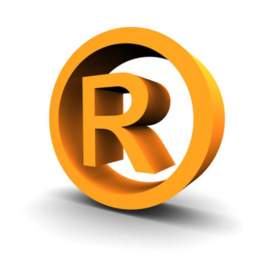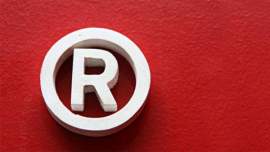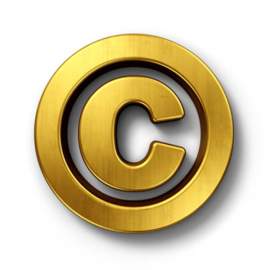
Make Sure You Know The Internet Piracy Defenses

Popular In Copyright
Copyright Law Copyright Infringements What Is Copyright Legal Consequences Of Plagiarism Copyright Free Image Florida Prepaid Postsecondary Education Expense Board V College Savings Bank Famous Cases Of Copyright Law Copyright A Book Library Of Congress Copyright Copyright Laws For Motion Pictures Copyright Infringement Punishment Copyright Symbol
Internet piracy is the practice of violating intellectual property rights by downloading a file containing material copyrighted by someone else. The laws governing Internet piracy are intended to secure the rights of creators, such as the right to secure financial compensation through the process of making works publicly available and acknowledge that there are certain forms of copying which may not be allowed for or encouraged by creators which are nonetheless permissible and not damaging to the creator's rights.
A copyright infringement defense may be mounted in a court of law that refers to the prior such case, which is referred to as the "fair use" doctrine and is allowed for under American law on Internet piracy and other forms of intellectual property right violations. Failing a successful copyright infringement defense, intellectual property right violators may be liable for both criminal and civil penalties.
A civil suit over an act of Internet piracy can open up the responsible party to compensating the copyright owner for the damages to her or his ability to derive material benefit from the content. United States statutes name damages of $30,000 and increased penalties of $150,000 for cases in which the action was "willful." Due to the relatively brief amount of time for which most software has existed, even intellectual property which is not being used commonly is likely to still be subject to law, and the copyright infringement defense of "abandonware" is, therefore, unlikely to hold water.
Internet piracy commonly occurs through a third party website or
service provider of some kind, which allows for the relative ease of two other
users in posting and then downloading digital files. A copyright infringement
defense may be necessary to mount not only for the two individuals directly
involved in the copyright violation, but also for the service provider who
facilitates the action.
A basic form and preemptive form of copyright infringement defense can be found by complying with a provision of the Digital Millennium Copyright Act referred to as the "Safe Harbor" clause, which establishes a means for service providers to enjoy safety from liability for their users' actions. Service providers who do not comply with its provisions may be served with criminal or civil suits under a charge of vicarious liability or contributory infringement.
The
circumstance of someone accused of Internet piracy not having been aware of
existing laws is not an admissible form of copyright infringement defense in
court when the defendant is accused of having personally committed the act of
internet piracy, but may be allowed when the defendant's part was only
"contributory."
In addition to direct acts of Internet piracy,
copyright law also covers the means through which such actions are aided and
accomplished. The wide-ranging set of laws put in place by the Digital
Millennium Copyright Act cover actions aimed at "circumvention" of
the technical means through which copyright holders seek to block instances of
Internet piracy and various violations.
NEXT: Problems with Copyright Infringement You Must Know





















